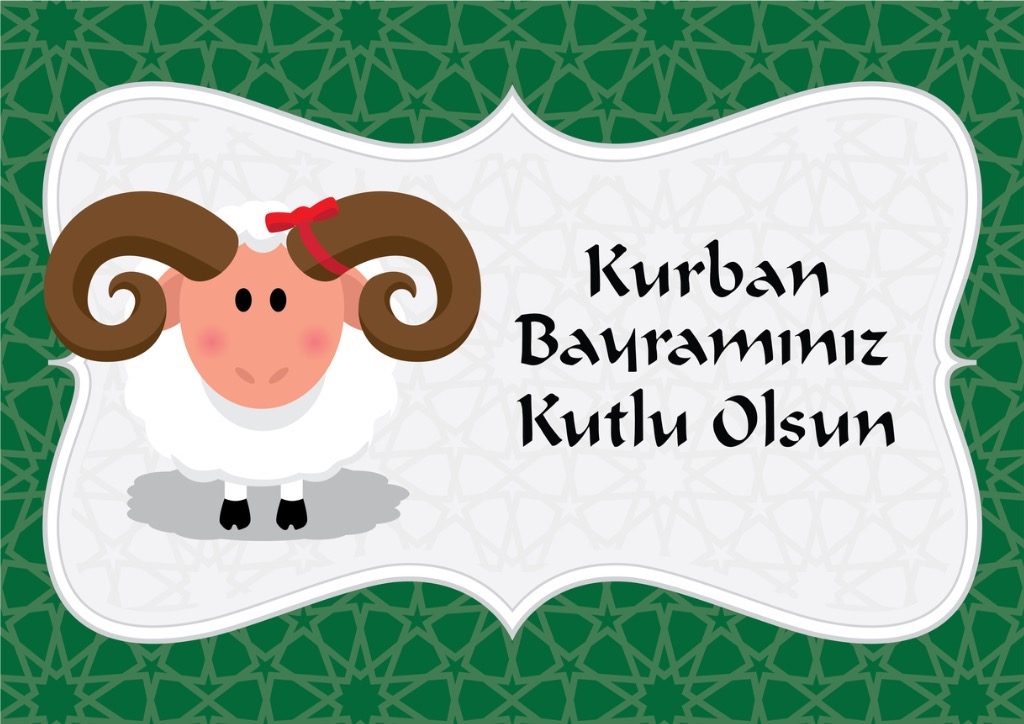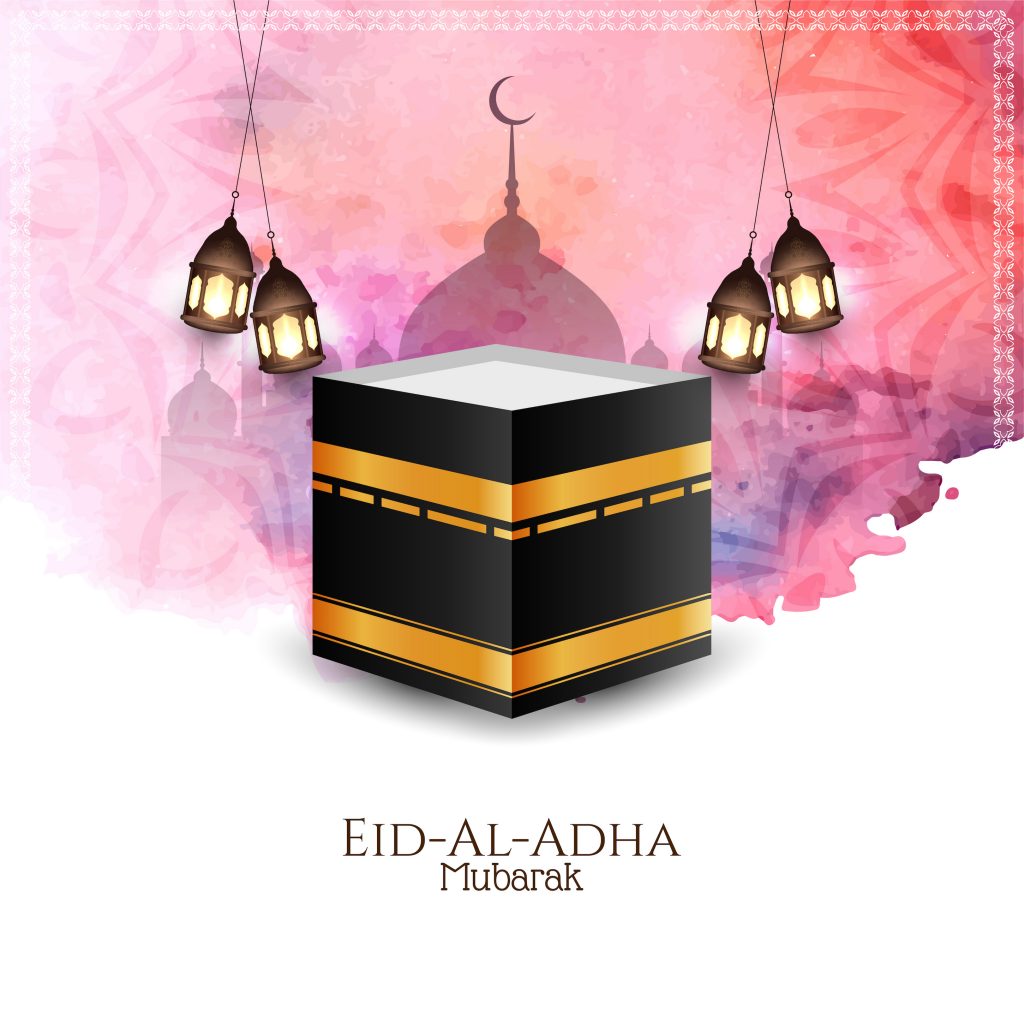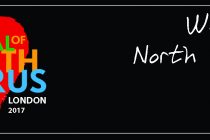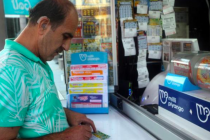Tuesday marks the start of Kurban Bayramı, also known as Eid al-Adha and the Feast of Sacrifice. It is one of two important religious holidays in Islam, the other being Ramazan Bayramı after the month-long fast.
In Muslim-majority states such as Turkey, the Turkish Republic of North Cyprus, Pakistan and Azerbaijan, Kurban Bayramı is a public holiday.
Some countries start their holiday on Monday, 19 July – Arife Günü (Day of Arafah) – others on Tuesday 20, with the public holiday varying between two and four days.
In Azerbaijan, it is just two days, while in Turkey and the TRNC, Kurban Bayramıwill last for four-and-a-half days, from Monday afternoon, until Friday 23 July.
This holy period starts with devotional prayers on Arife Günü which officially started on Sunday night.
Falling on the ninth day of the month of Zilhicce / Dhu al-Hijjah – the twelfth and final month in the Islamic calendar – Arife Günü signifies the finalisation of the Divine revelation about Islam.
While Kadir Gecesi,or Laylat al-Qadr is the pinnacle of the last ten nights of Ramazan, and is regarded as the best and holiest night of the year, the Day of ’Arafah is the pinnacle of the first ten days of Zilhicce. It is thus the best day of the entire year.
Muslims offer prayers of gratitude, as this blessed period is also a time of immense forgiveness with opportunity for great spiritual reward.
They will recite from the holy Kuran, fast, give alms (sadaka / sadaqah), do good deeds, show loyalty to their parents and families, pray at the mosque and, if their means permit, offer a kurbanor sacrifice, with the meat distributed to poor families so they may enjoy the feast that follows.
The Prophet (saw) said, ‘There are no days greater and more beloved to Allah than these (first) ten days of Dhul-Hijjah’. [Ahmad].
Under normal circumstances, several million of people will have also undertaken a holy pilgrimage (hajj or ‘Hac’ in Turkish) to Mecca, which is one of the five pillars of Islam. All able-bodied Muslims should make Hacat least once in their lifetime. The Saudi authorities this year, like 2020, have restricted Hac to residents of Saudi Arabia only due to the risks of the coronavirus pandemic.
The 60,000 lucky enough to attend the week-long pilgrimage will discover that all wealth and status is irrelevant at Hac. Everyone appears dressed in a similar, simple fashion, and must undertake the same rituals.
And today, the tenth day Zilhicce, Hac pilgrims will stand on Mount Arafat facing Kâbe (the cube-shaped building in Mecca) until sunset, praying for forgiveness of their sins.
The pilgrims also spend a night in the Muzdalifa plain, and perform the symbolic stoning of the devil as a form of repentance for their sins and to cast temptation from their life. They will emerge from Hac as pure and innocent as new-born babies.
Tomorrow, the pilgrims, along with 1.8 billion Muslims worldwide will celebrate the global festival of Kurban Bayramı, which involves the sacrifice of an animal.
This sacred ritual relates to the Prophet Abraham, who saw a dream believing he needed to offer his son’s life to God as a test of faith. Some Islamic scholars argue the dream was sent by Satan, as God would never order the killing of an innocent and God’s intervention was to prevent this.
The tale about Abraham’s sacrifice is shared by Muslims, Jews and Christians, although they differ in which son was offered as a sacrifice.
For Muslims it was Abraham’s son Ismail (Ishmael), but Judeo-Christian scriptures state it was Abraham’s other son Isaac who was the near-sacrifice.
While the holy Kuran doesn’t literally state this, many Muslims follow Biblical tradition by believing that just before Abraham killed his son in what he thought was a devotional act of divine love and obedience God intervened, sending Abraham a ram, which he sacrificed instead.
Muslims commemorate this event annually by also making a sacrifice, which gives this religious holiday its name: Kurban Bayramı or Eid al-Adha in Arabic.
Those of good financial disposition are expected to kill an animal using halal methods and then distribute its meat to the poor. The wealthier the person is, the bigger the animal they sacrifice. And because everyone has something good to eat, rich and poor Muslims can enjoy the festivities during this holy period.
Kurban Bayramı is also a time of being together as a family. Many people will travel long distances to see their parents and other elderly relatives.
For those who celebrate, T-VINE wishes you a healthy, happy and peaceful Kurban Bayramıwith your loved ones.






